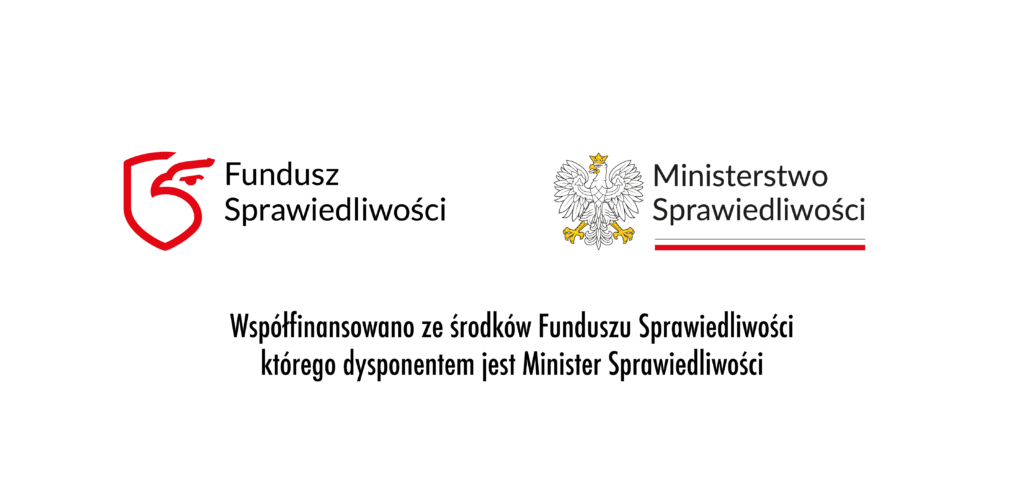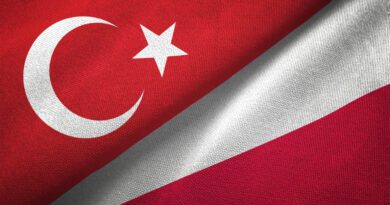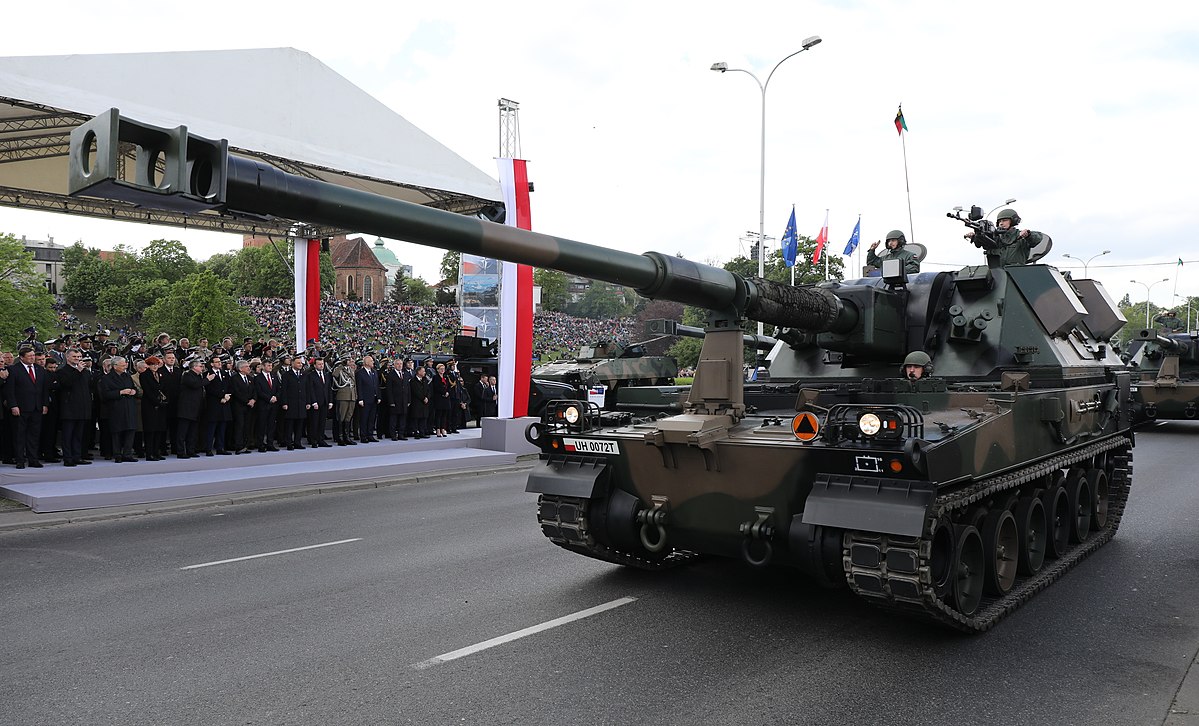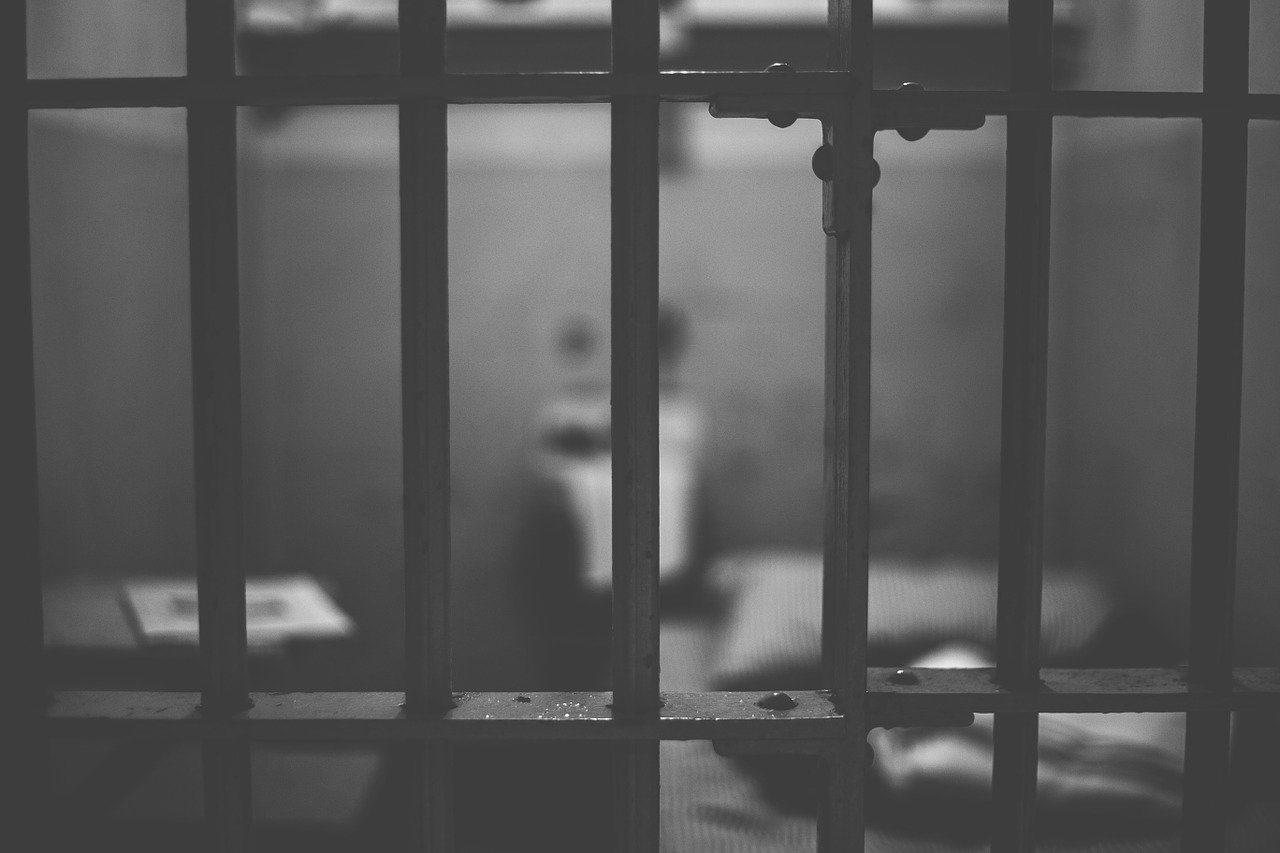The illusion of “a different Russia”
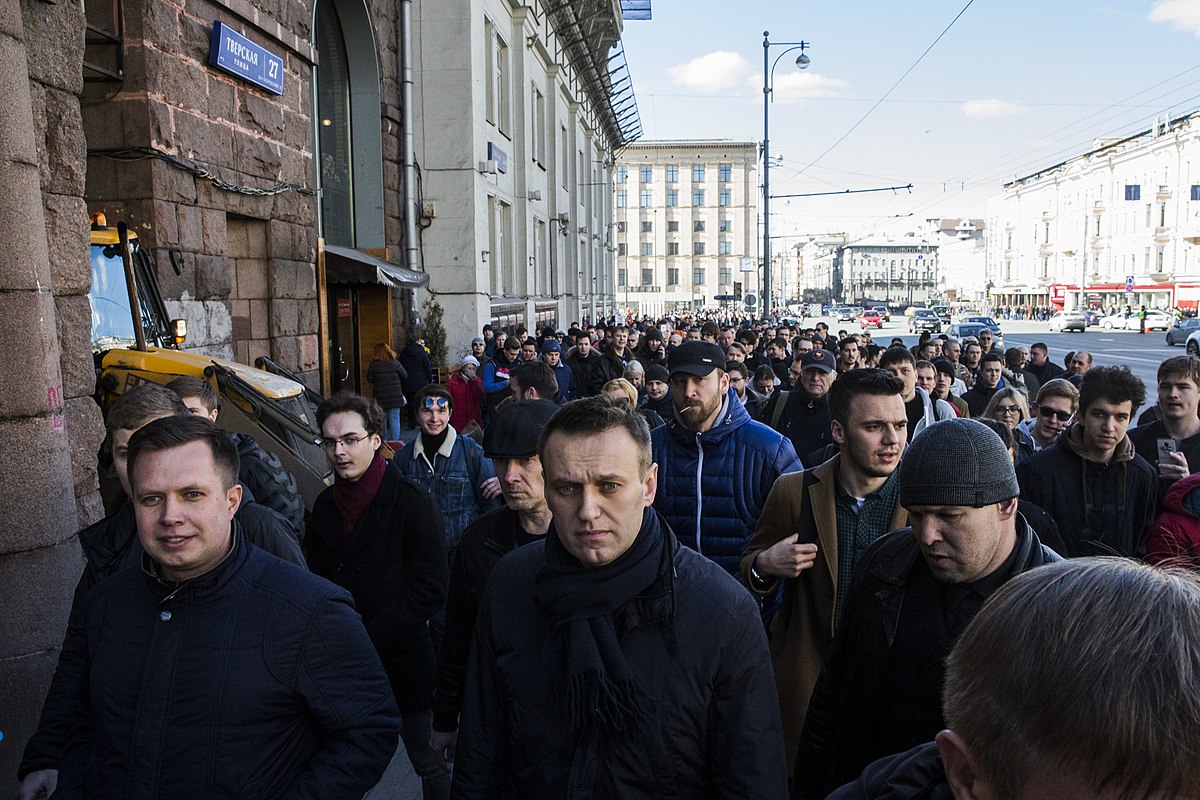
Prior to February 24th, 2022, Russia’s democratic opposition held only slightly less imperial views than Putin himself. The invasion has caused the Kremlin’s opponents to outdo each other with plans to de-imperialize their country. So is a different, less aggressive Russia possible?
Maciej Pieczyński
Four days before the first anniversary of the invasion, Alexei Navalny announced his position on the war. “15 points of a Russian citizen wishing his country well” contains very specific diagnoses and proposals for solving the problems. First, noted Navalny, Putin “unleashed an unjust, aggressive war against Ukraine” because he wants to go down in history as a “conqueror czar.” The oppositionist argues that this is a private obsession of the Kremlin ruler that most Russians do not share. Putin’s defeat in the war in Ukraine is only a matter of time. Therefore, according to Navalny, it is in Russia’s well-understood interest to withdraw from the conflict. First, this “huge country with a dying out population” does not need new land. So it should focus on developing what it has in abundance – namely, its own territory. Second, although Navalny directly declares that he would pay war reparations to Ukraine, the money for this will be found. For the end of the war will mean the lifting of sanctions, the return of investors and political emigrants, economic development. That is, incidentally, the strengthening of Russia’s position. Navalny, as a corruption-fighting modern technocrat, would most likely be a much more efficient and much more popular “manager” in the West than Putin. The oppositionist also proposed replacing the “Putinist dictatorship” with a parliamentary republic. “Being aware of our history and traditions, we should be part of Europe and follow the European way of development.” – Navalny concludes.
The founder of the Anti-Corruption Foundation clearly advocates a return to the borders established after the collapse of the USSR in 1991. “There is nothing to discuss. Almost all borders in the world are accidental, but in the 21st century there is no point in fighting to change them. Otherwise the world will plunge into chaos,” Navalny explained. Before February 24th, he was not so categorical. Especially on the issue of Crimea. First, he condemned the annexation, then said that the peninsula could no longer be returned to Ukraine. Finally, he suggested that a referendum should be repeated in Crimea, only that it should be held under “fair, democratic conditions.” After several years of occupation, such conditions were hard to imagine. At another time, Navalny stated that Crimea “is not a sandwich” to be given and taken away just like that. One of his closest associates, Vladimir Milov, in an interview I conducted with him for Do Rzeczy in the spring of 2021, admitted that someone who would give Crimea to Ukraine moments after gaining power in Russia would lose that power the next day. The full-scale aggression changed everything. Russian oppositionists this time sided firmly with Kiev.
PONOMARYOV’S CAREER
Recently, the second Congress of People’s Deputies was held in Warsaw. That is, the congress of one of the factions of the Russian opposition. The congress brings together 76 former parliamentarians and regional and city councilors. They represent 32 regions of Russia. They advocated for overthrowing Putin, ending the war in Ukraine, and returning to the borders from before the outbreak of the conflict in 2014. The organizer and informal leader of the rally is Ilya Ponomaryov. A businessman and politician with leftist views. In the past, he was an activist of, among others, the Communist Party of the Russian Federation and the Fair Russia grouping, which he left when it went from being a viable opposition to a concessionary opposition subservient to the Kremlin.
Ponomaryov was consistently active in the anti-Putin camp. In 2013, he was accused of embezzling money belonging to the Skolkovo Foundation. He had given numerous lectures in the United States on its behalf. While the case was certainly politically motivated, even opposition activists claimed that Ponomaryov raked in a suspiciously high salary for his work.
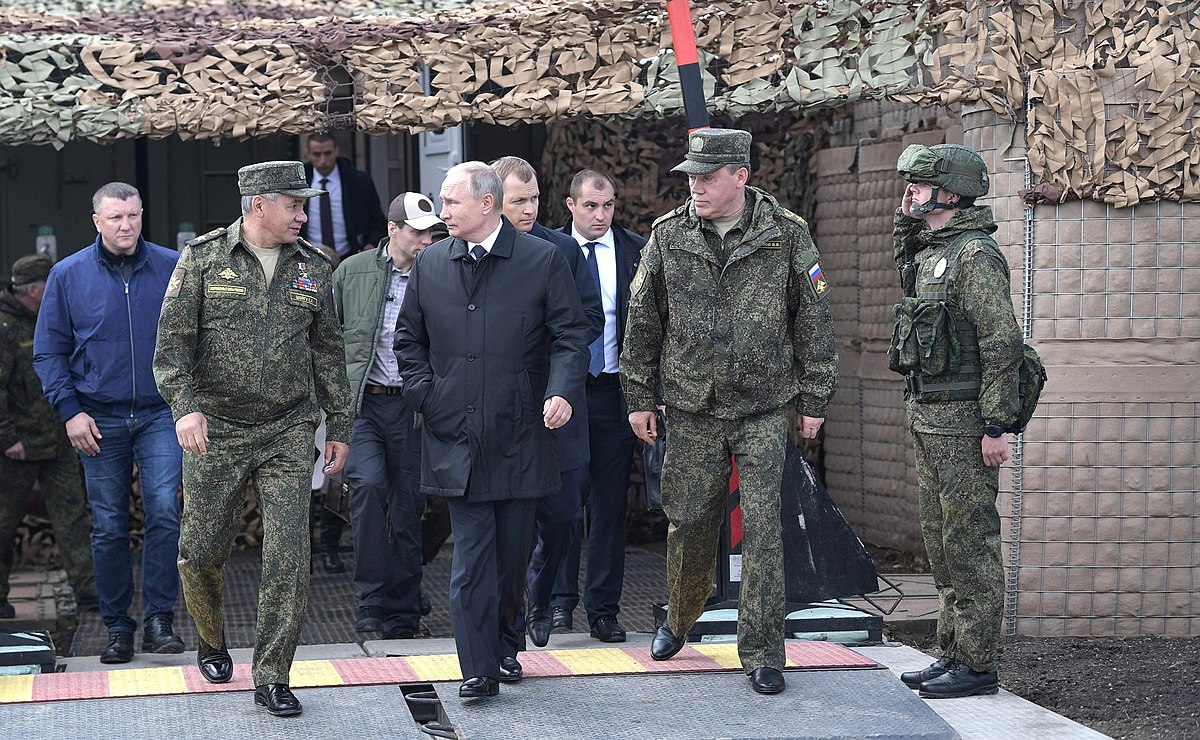
The turning point in the opposition’s political career was the annexation of Crimea. Ponomaryov was the only Duma deputy to vote against annexing the peninsula to Russia. However, this was not an act of opposition to Russian imperialism. Ponomaryov admitted that he generally supported annexation, but not by such methods. In his view at the time, Crimea should be within the borders of one common Russian-Ukrainian-Belarusian state, only that on a voluntary basis, not under coercion. He also assessed that the Crimean referendum certainly reflected the true will of the population. After February 24th, he completely changed his mind. Now, like Navalny, he declares that he would relinquish any Russian territorial gains in Ukraine.
In 2016, Ponomaryov emigrated. First to the US, then to Ukraine, where he worked together with American businessmen. He invested in the oil and gas sector. After February 24th, 2022, he became involved in the formation of Russian troops fighting on the side of Ukraine, made up of prisoners of war and deserters. This is how the “Free Russia” Legion was formed. Being formally a part of the Armed Forces of Ukraine, it informally constitutes the armed arm of the Congress. It is with its help that Ponomaryov’s men intend first to defeat the Russian army, and then to conquer Moscow and seize power, which they say publicly and in all seriousness. The controversial politician, shortly after the outbreak of a full-scale war, personally set a high bounty on Putin’s head. During a press conference summarizing the Congress, one deputy announced that the opposition’s goal, however, was to bring the Russian president to justice.
ERASING RUSSIA
Ponomaryov praised the assassination of Daria Dugina and announced that the National Republican Army, a Russian anti-Putin guerrilla group with which he had allegedly established cooperation, was behind her death. The thing is, other than Ponomaryov, no one has heard of this organization. It is highly likely that it is the invention of an oppositionist who is trying to create the appearance of his own prowess. He is building his own image as a revolutionary. Public praise of political terror may discourage the opposition from the moderate, undecided part of society. The First Congress of People’s Deputies was held in November 2022 in an atmosphere occupied by scandal. Participants quarreled not only over the form of the power struggle (some wanted Putin’s elimination, others wanted him put on trial), but also over the way the sessions were conducted. Ponomariov was accused of falsifying and manipulating voting results, keeping some deputies from voting.
Things went more smoothly the second time around. The second congress passed three “legal acts”: “on freedom of speech,” “on vetting,” and “on amnesty and the release of political prisoners.” In addition, it agreed on a draft constitution for post-Putin Russia. It assumes a radical change of the political system and even the name of the state. The latter issue sparked heated discussions among deputies. It was unanimously agreed that the name “Russian Federation” should be dropped. The dispute was over how to replace it. “Russia” itself did not satisfy the deputies either. Some did not want to see the words “Russia” or “Russian” in the name at all. Others retorted, arguing, “Our goal is to reform the state, not to destroy and build a new one within the borders of the old one, as the Bolsheviks did.” Two options were put to a vote: “Russian Federal Republic” (on the model of the Federal Republic of Germany) and “Russian Republic.” The second variant won by a slight margin. The name “Russia” is to be used interchangeably with RR. “Why a republic? Because we are relinquishing the imperial character of the state. For us, the period of the empire is over,” Olga Kurnosova, a former councilor of the Leningrad region, explained at a press conference. As she stressed, the name change included in the constitution is intended to prevent a possible restoration of the empire in the future.
The “federation” associated with conquests is to disappear from the name. In practice, however, Russia, officially a republic, would remain a federation of republics and regions. The question: voluntary or forced, was a major axis of contention among activists. Vasily Kryukov proposed that all entities that have belonged to the new Russia since 1991 should be included in advance. He called the deputies who wanted to base the new state on a voluntary basis “separatists.” In the end, it was their option that prevailed. The republics and regions are to become part of the “Russian Republic” on the basis of a referendum. However, this does not mean the automatic dissolution of the empire. According to the plan of the Congress, a new state is to be proclaimed on the territory of the Russian Federation first, and only then will its constituent parts be given the right to secede. Ponomaryov has repeatedly assured that each region will decide for itself whether to become part of the new state. How this would unravel in reality – we will probably never know. Nevertheless, according to the vision presented at the Congress, Russia would become a parliamentary republic, largely decentralized. The powers of regional and local governments would be expanded. Ponomaryov opted for the abolition of the office of the president. Eventually, influenced by the advice of experts, he abandoned this idea. In the Russian Republic, however, the president would perform only representative functions and would be elected by parliament for a single five-year term.
Other centers of the Russian opposition are also in favor of Putin’s overthrow and Moscow’s capitulation in the war against Ukraine. “An essential element of any positive change in Russian society is a victory for Ukraine. Russians must understand that Moscow is losing. This would make them realize, for example, the return of annexed Crimea,” Garri Kasparov argued at the Munich Security Conference. He encouraged the West to support Kiev. At the same forum, Putin’s longtime prisoner, once influential oligarch Mikhail Khodorkovsky, spoke in a similar vein. In his view, the West should stop fearing an escalation of hostilities. Zhanna Nemtsova, on the other hand, said that one should not fear chaos after Putin’s overthrow – such fears, in her opinion, are fueled by Putin himself.
WHAT OPPOSITION
In Russia itself, there is actually only a licensed opposition. That is, one that the Kremlin approves of, because in essence its opposition is only apparent. We are talking about such groups as the Liberal Democratic Party of Russia, the Communist Party of the Russian Federation. and Fair Russia (for the past two years – Fair Russia – Patriots – For the Truth). These forces have sometimes criticized Putin’s United Russia for its domestic policies, but on key issues of imperial, anti-Western foreign policy, they have basically always stood firmly behind the Kremlin. It is the concessionary opposition that sits in the Duma. Outside parliament, the social democratic Yabloko party, among others, is active. In 2014, it opposed the annexation, advocating a “legal” referendum held as a result of an international conference. It also spoke out against “speculation.” At the same time, its founder Grigory Yavlinsky is calling for a ceasefire and accusing the West, Ukraine and opposition rivals of seeking escalation. In the recent Duma elections, Yabloko won only 1.34% of the vote. The result more or less reflects the real popularity of the grouping. At a similar level, Navalny, who, however, has been denied a party by the authorities for years, could certainly count on relatively high support. The Anti-Corruption Foundation continues to operate, despite repression, but his chances of gaining power are unlikely.
Ponomaryov is probably right that the opposition can only gain power in Russia by force. Only that Russian deserters in the ranks of the Ukrainian army are far too few for such an attempt to be made at all. Revolutionary sentiment is still not evident in Russia, and stories about “anti-Putin guerrillas” can be put between fairy tales. Overthrowing Putin (perhaps partly with the help of Ponomaryov’s troops) can only be done by someone from his closest circle, and there one tends to see hawks rather than liberal, pro-Western democrats. The real oppositionists are either in jail or in exile, with neither influence nor real knowledge of what’s going on in the Kremlin. If Russia does end the war, it won’t be decided by Navalny, but by one of the Kremlin bashers, and then the founder of the Anti-Corruption Foundation, released from behind bars, can serve at best as an image tool to rebuild relations with the West.
This article was published in February 2023 in “Do Rzeczy” magazine.
